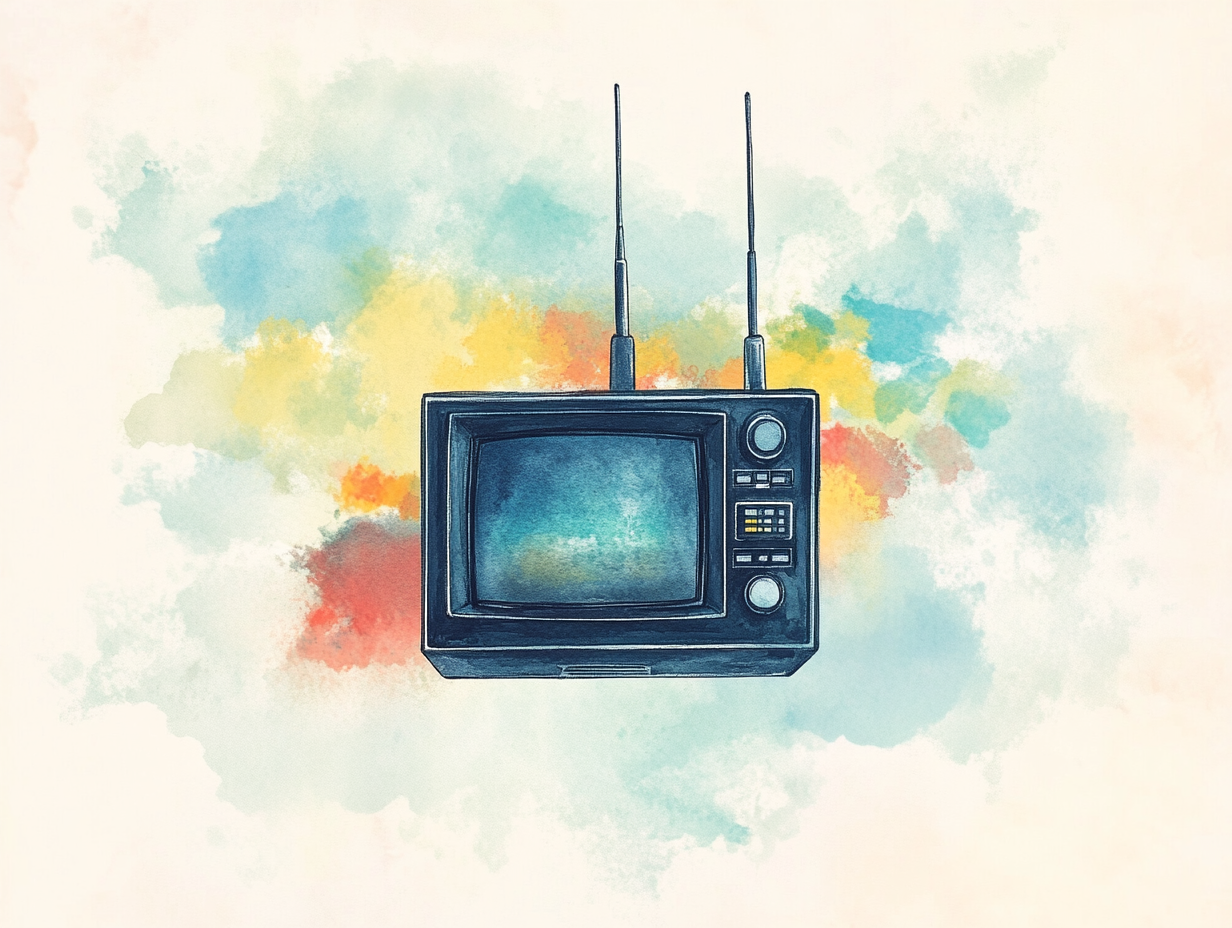Chromecast is Dead. Long Live the 12th Attempt at a Streaming Box.
/cdn.vox-cdn.com/uploads/chorus_asset/file/25562292/DSCF0055.jpg)
Chromecast is dead. Well maybe. It might still be the name of a functionality, like Apple's AirPlay. I'm honestly not sure.1 But the product, you know, the dongle-thing, is dead. It has been replaced by Google TV Streamer. No, that's not Google TV, the operating system from almost 15 years ago, which flopped. And it's not the Google TV app and service. And it's not the actual TVs which run the new Google TV software, not to be confused with the old Google TV software, which was different. And no, it's not Android TV. Of course it's not. That's a different TV OS, which can run the Google TV interface. Are you confused yet? Buckle up.
Google has gotten a lot of shit historically for their kitchen-sink approach to messaging services ('why have one service when you can have a dozen which all do the same basic thing in slightly different ways?'), but their approach to connected TVs may be even more perplexing.2
Here is an actual excerpt on their Wikipedia page:
A modified Android TV OS user interface, branded "Google TV", was introduced on the new Chromecast with Google TV that was released on September 30, 2020, coinciding with the rebranding of the Google Play Movies & TV mobile app to 'Google TV'. Google TV as well as new Android TV interface is integrated with Google TV service.
WHAT?!
Anyway, now they think they have it right. Chris Welch at The Verge thinks he agrees ("might"). But his dive into the backstory as to why Google is moving on from Chromecast just makes it murkier.
The Google TV Streamer is designed to build on that strategy by infusing Gemini AI smarts into the software. It’ll put smart home controls right on your TV screen. And yes, it’ll be faster than the often laggy Chromecast. “It is blazingly fast, so it’s a more premium model than what we’ve been releasing before,” says Shalini Govil-Pai, the VP and GM of Google TV. I spoke with her last week to hear more about the thinking behind Google’s $99 device, which goes on sale in late September.
“The Google TV Streamer was our response to a lot of our users saying, ‘Hey, Chromecast is great and really inexpensive. But we can get inexpensive devices from a lot of players now,’’’ Govil-Pai said. (Walmart’s Onn brand is filling out the under-$50 zone quite well with multiple Google TV streamers, and Amazon and Roku both sell devices priced in that same impulse-buy territory.)
So the strategy is shifting from the low-end to the high-end. But they're aiming to undercut the high-end. That range, at least for Android/Google TV, is controlled, oddly, by NVIDIA – yes, the company you now know as the multi-trillion dollar AI chip company – with their Shield products. Those sell for either $149 or $199, and Google TV Streamer (I'm sorry, the name isn't doing it for me, it's too long and consistently reads like "Steamer") is $99.
And yet, even right after the announcement, some of our commenters were frustrated that Google had settled for just a 22 percent boost in CPU speed. There’s a good chance this thing will still benchmark underneath the fairly ancient Shield. Why not just drop a Tensor chip into it?
It comes down to cost and keeping the Streamer at a price that’s acceptable for average consumers. “We don’t know if there’s functionality that would actually convince people to buy pricier price points than this, but the market is generally telling us right now people are probably not ready for it,” Govil-Pai said.
Now I'm confused again. So it's high-end, relatively speaking, but not as high-end as it could and perhaps should be. We used to call this 'mid-range', but Google clearly believes this product is better than that, despite not doing all it can to ensure it's better than that. Why? Because Google doesn't think there's a market for these boxes above $99. And maybe, though Apple seems to be doing okay with their $149 - $169 Apple TV box.3 It would seem to have roughly double the marketshare of Chromecast, despite the price differences to date.
It feels like Google is once again switching strategies simply because they were in 4th place, just barely ahead of 'Other' in this Parks Associate survey. They couldn't out-cheap Roku or Amazon, so now it would seem they're going upstream to try and tout their AI prowess. But they're not giving these machines enough power to go full-on AI because that would make them too expensive. So again, we have this sort of middling product, it seems.
The clear leader in the space is the aforementioned Roku, which has always been sort of wild to me. Beyond it's fascinating history of spinning out from Netflix, I've owned a few Roku boxes over the years and they're... okay? Not awful, but not particularly good either. And increasingly dabbling in some truly horrific experiments in user experience. But they seem to do well because of their Switzerland status (well, beyond their own originals) and because they've had the same strategy from the get-go. Unlike, say, Google, which has had a dozen or so strategies.
Amazon also does well with their Fire TV players, but that we can seemingly chalk up to the fact that they own the most important distribution channel. And like Echoes, they push these things out the door fast and furious with discounts. They're also fine, but not great. And their own efforts in AI leave quite a bit to be desired, thus far.
It's sort of a wonder that any of these still sell in a world where most TVs have their own software for doing all of the same basic things built-in. Including yes, many running Android TV featuring Google TV.
But in writing this, I'm realizing what the issue actually is here. Hint: it's not the boxes. All the boxes are fine. This new steamer of a Streamer from Google will be fine too. It won't matter.
What matters... coming soon.
Update August 12, 2024: Those longer thoughts on the streaming landscape...

1 I think this is now just called 'Cast' or 'Google Cast' but I see conflicting things about that too. I'm not trying to be facetious here. I have no idea.
2 My favorite bit may be on the Android TV Wikipedia page which notes that the service was both succeeded and preceeded by 'Google TV'.
3 For the record, Apple's branding for Apple TV is also a shitshow. There's the Apple TV box. The Apple TV app. The Apple TV+ service. At least now the OS is tvOS. All of us are still waiting for them to make the actual Apple Television. Then again, maybe that's the Vision Pro.


